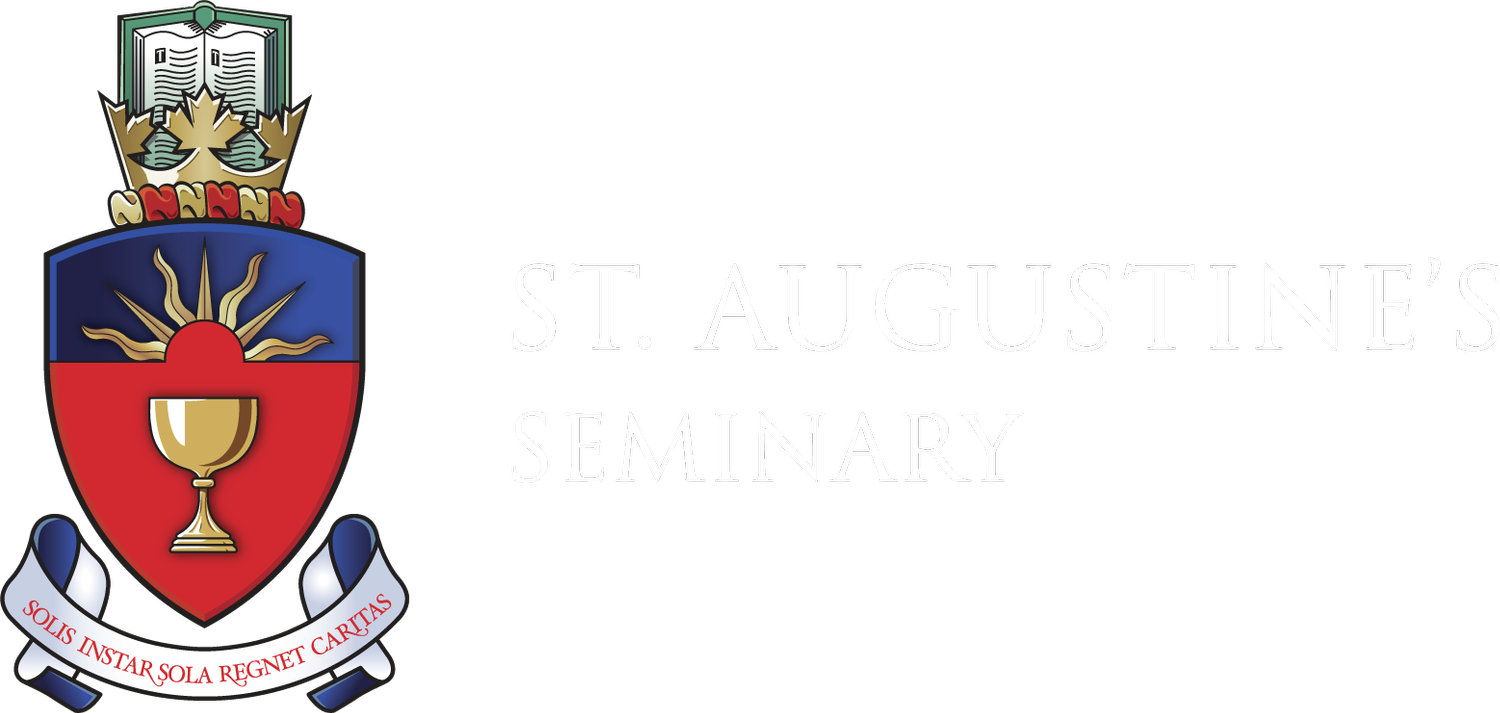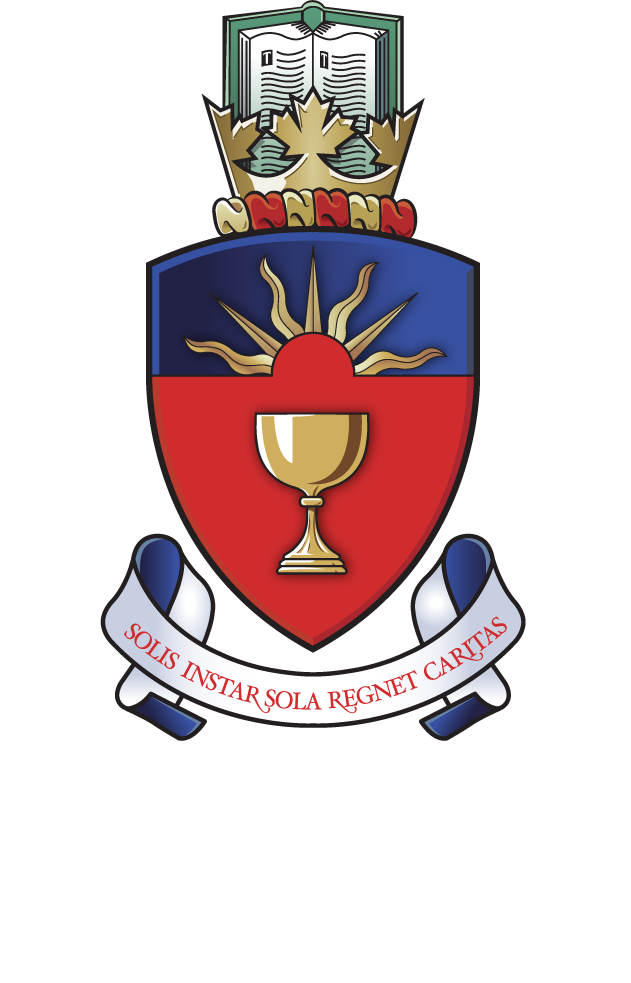Educational Effectiveness
STATEMENT OF EDUCATIONAL EFFECTIVENESS
The Board of Commissioners of the Association of Theological Schools requires accredited schools to publish a statement regarding the school’s educational effectiveness. St. Augustine’s Seminary of Toronto is committed to providing quality theological education in conjunction with our formation programs for the candidates to the Diocesan Priesthood, and the candidates to the Permanent Diaconate (STB/MDiv/DTS).
Our theological degrees in education ministry and general theological knowledge (MRE/MTS) and diplomas in lay ministry and foundational theological education (DLM/DTS) provide a variety of choices and course delivery methods for our lay students, both men and women, and are complemented by our Lay Spiritual Formation Program which offers opportunities for personal spiritual formation.
The Association of Theological Schools [ATS] Graduating Student Questionnaire findings for the last three years indicate that our degree graduates are consistently satisfied with the educational effectiveness in facilitating the following skill areas, as specifically related to program outcomes:
GRADUATING STUDENTS: 2020 - 2023
1 - Not at all effective 2 - Not very effective 3 - Somewhat effective 4 - Effective 5 - Very effective
| Level of Satisfaction |
Average MDiv |
Average MRE/MTS |
Average ALL |
|---|---|---|---|
| Ability to preach well |
4.6 |
4.4 |
4.5 |
| Knowledge of church doctrine and history |
4.7 |
4.6 |
4.7 |
| Ability to lead others |
4.1 |
4.7 |
4.4 |
| Ability to conduct worship/liturgy |
4.9 |
4.4 |
4.7 |
| Ability to interact effectively with those of religious traditions other than my own |
4.1 |
4.6 |
4.3 |
| Ability to work effectively within my own religious tradition |
4.9 |
4.7 |
4.8 |
| Ability to interact effectively with those from cultural and racial/ethnic contexts other than my own |
4.2 |
4.1 |
4.2 |
| Awareness and appreciation of the globalized context in which ministry is practiced |
4.2 |
4.3 |
4.2 |
| Ability to work effectively with both women and men |
4.6 |
4.9 |
4.8 |
| Ability to relate social issues to faith |
4.8 |
4.5 |
4.6 |
| Ability in pastoral counseling |
4.3 |
4.9 |
4.6 |
| Knowledge of Christian philosophy and ethics |
4.9 |
4.7 |
4.8 |
To further measure program success and cohesiveness, St. Augustine’s Seminary has monitored the average grades in our capstone courses for the Master of Divinity and Master of Religious Education, and the in-depth area/thesis and summative exercise for our Master of Theological Studies graduates. The 2021-2024 averages are:
Average |
||
|---|---|---|
| Master of Divinity | Theological Integration | |
| Master of Religious Education | Religious Education Practicum and Globalization |
|
| Master of Theological Studies | Intensive/Thesis/Summative Exercise |
*The University of Toronto grading scheme in which 4.0 is the highest rank and 3.7 is considered “excellent”.
STUDENT SATISFACTION
Course evaluations conducted from 2020 - 2024, determined that 96% of students were satisfied that their course contributed to the degree outcomes of their program.
Characteristic feedback on the value of our courses is evident in following testimonials:
Lecture courses:
“Very informative, it provided an excellent overarching view of the degree”
“The study of homiletic's that we covered dove into the historical and cultural context of the particular preachers we studied and we also discovered each of their deep spiritual heritages. This naturally helped grow our own appreciation for our own historical context, and the tools and techniques we can apply to our own homilies.”
Online courses:
“I now have a better understanding of the Catholic Church's relationships with other religions and am better prepared to teach the grade 11 world religions course.”
“I have gained profound theological knowledge of my Catholic faith that is valuable in my professional career as spiritual care professional.”
As part of its commitment to the Commissioners of the Association of Theological Schools,
St. Augustine’s Seminary has refined and deepened its approach to program assessment and student learning outcomes by creating a three-year assessment cycle to determine the effectiveness and coherence of our program outcomes.


